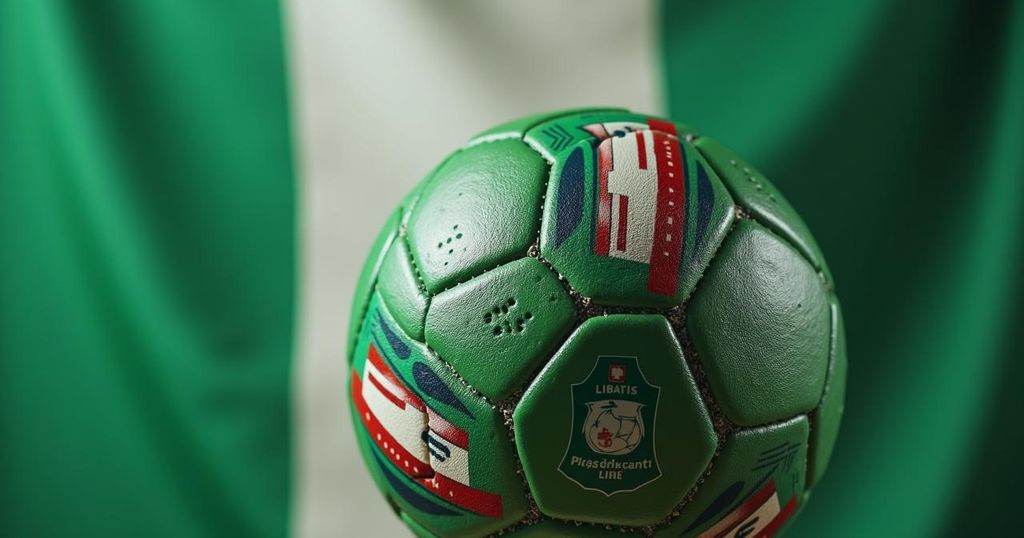The Super Eagles of Nigeria have boycotted their AFCON 2025 qualifying match against Libya, citing inhumane treatment after being stranded at an abandoned airport for over 17 hours without food or drink. Team captain William Troost-Ekong confirmed the team’s unanimous decision not to play, prioritizing their safety amidst reports of mistreatment. The Nigeria Football Federation has filed a formal complaint with CAF.
The Nigerian national football team, the Super Eagles, has chosen to boycott their Africa Cup of Nations (AFCON) qualifying match against Libya due to reports of inhumane treatment they encountered upon arrival in the host country. Team captain William Troost-Ekong disclosed that the players were isolated at an abandoned airport in Libya for over 17 hours without food or drink. The team arrived at Al Abraq International Airport intending to travel to the match venue, yet their chartered flight was diverted, and they were left unattended under increasingly distressing circumstances. The Nigeria Football Federation (NFF) has since been coordinating arrangements to return the players home without participating in the scheduled match set for Tuesday. Troost-Ekong emphasized the team’s unanimous decision against playing, citing safety concerns regarding the proposed three-hour bus journey to the game location. In a social media statement, he conveyed, “As the team captain together with the team we have decided that we will NOT play this game. Let them have the points,” indicating the potential forfeiture of the match points. The situation escalated as Troost-Ekong and his teammates were confined to a deserted airport lounge, deprived of basic necessities and accessible communication. He described the ordeal, stating, “They’ve locked the airport gates and left us without phone connection, food or drink – all to play mind games. I have experienced stuff before playing away in Africa but this is disgraceful behaviour.” The NFF has lodged an official complaint to the Confederation of African Football (CAF) regarding the treatment of its players. Furthermore, Victor Ikpeba, the former African footballer of the year accompanying the team, suggested severe repercussions for Libya and condemned the governing body’s prior endorsement of Libya as a match host. This incident follows Nigeria’s recent victory over Libya in their last encounter, where they secured a 1-0 win in Uyo, further emphasizing the stark contrast between their current experience in Libya and their recent performance at home. As Nigeria currently leads Group D, there remains concern for the players’ safety and the implications of this incident for future international engagements with Libya.
The situation unfolded when the Nigerian football team arrived in Libya for a crucial 2025 Africa Cup of Nations qualifying match. By international standards, the welfare of athletes during their travels and competitions is paramount. However, the unfolding events revealed a troubling lack of regard for the team’s safety and well-being. Nigeria, with a commendable football legacy, is accustomed to high standards in international play, making the treatment of its players particularly alarming. The Super Eagles, seeking to qualify for the upcoming tournament, now face potential ramifications for their decision to not participate in the fixture due to the country’s unstable reputation and the extreme conditions they faced.
In summary, the Nigerian national football team’s decision to boycott their AFCON 2025 qualifying match in Libya stems from a profound concern for player safety and the unacceptable conditions they endured upon arrival. The NFF has raised alarms through a formal complaint to the CAF, advocating for accountability and possible sanctions against Libya. This incident not only highlights the fragility of international sporting engagements but also prompts a reevaluation of hosting protocols for countries with notable security issues. The players’ safety should remain a priority, and adequate measures must be enforced to ensure humane treatment for all athletes regardless of hosting circumstances.
Original Source: www.aljazeera.com






